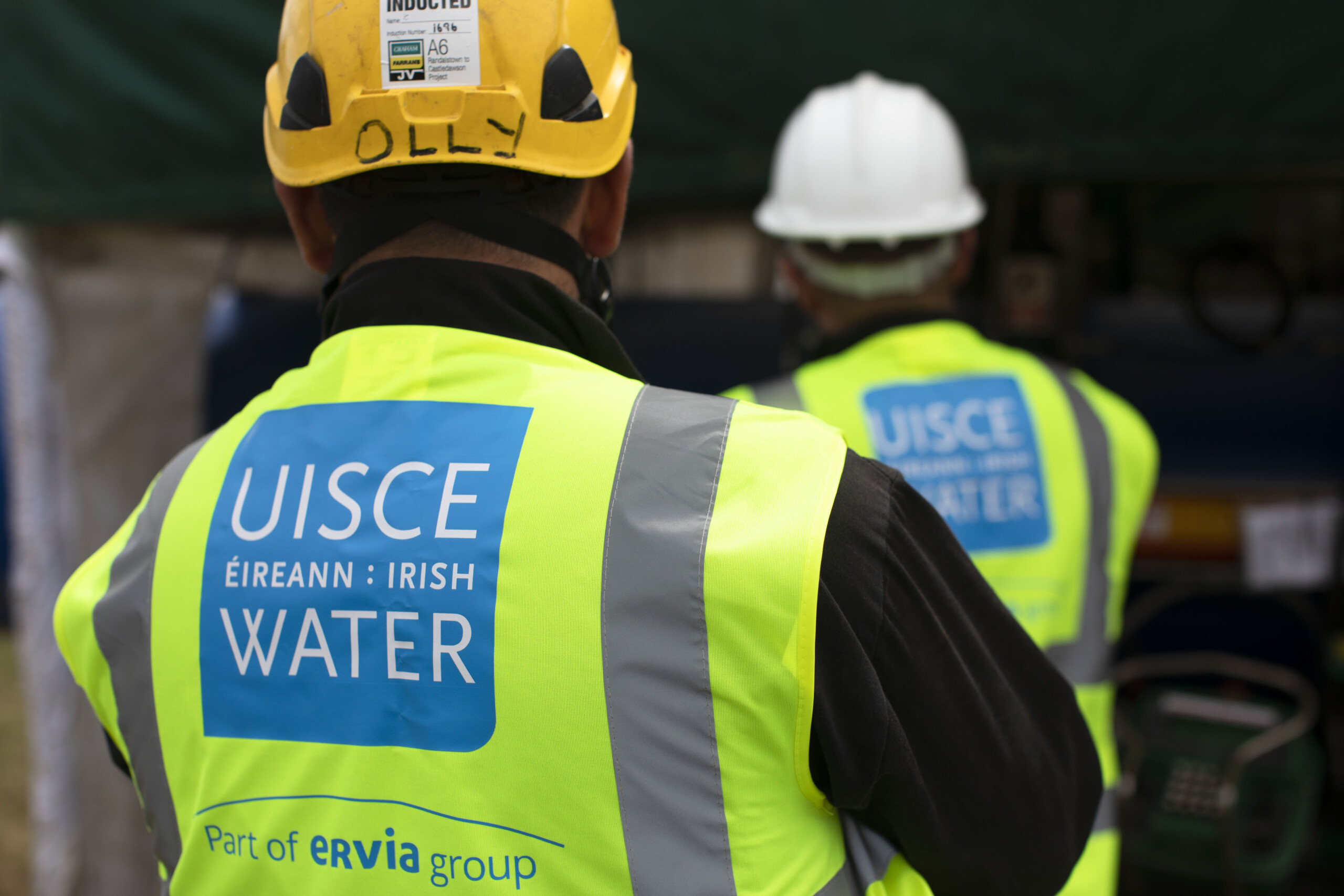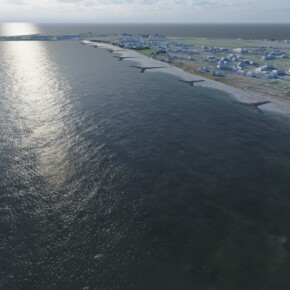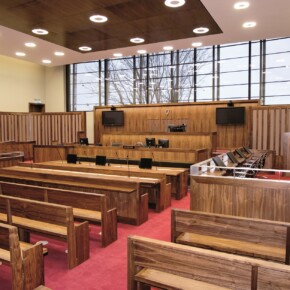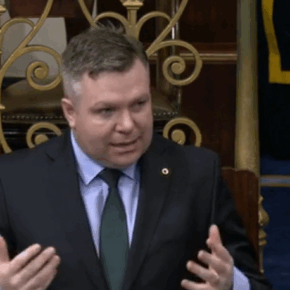Uisce Éireann appeals to Dubliners to conserve water
Dublin People 26 Jan 2024
Uisce Éireann is urging the public to help reduce water use and report leaks across the Greater Dublin Area as demand has now reached unprecedented levels.
The appeal follows an extensive programme of work by Uisce Éireann and water services crews across the region to detect and repair bursts and leaks across the network, with a large increase reported in recent weeks.
Daily water use in the Greater Dublin Area has grown by over 40 million litres since last year due to a range of factors including a growing population and increased economic activity. Recent weather events which have led to bursts on the network have now pushed that demand further to unprecedented levels. As a result, demand for water currently exceeds the capacity of the water treatment plants in the region. This simply means that more water is being consumed every day than the capital’s water treatment infrastructure is capable of producing. Storage in the city’s treated water reservoirs is also approaching critically low levels.
Uisce Éireann’s Head of Water Operations, Margaret Attridge, said: “This week, daily demand in the Greater Dublin Area was the highest on record, reaching over 630 million litres per day. This is an increase of 40 million litres more than this time last year – the equivalent daily use of almost 120,000 homes.
“We know that water is a precious resource that must go through a complex treatment process to ensure that it is safe to drink. While there is no shortage of rainfall to fill our raw water reservoirs, demand is now at or above the capacity of what the city’s water treatment plants can produce on a daily basis. This is despite significant and sustained investment by Uisce Éireann in recent years in the water supply infrastructure.
“Our crews are working across the Greater Dublin Area to tackle leaks and maximise treatment capacity. Some localised night-time restrictions have also been introduced to enable leak detection and repair work, and to help manage reservoir levels. We are urgently appealing to the public for their help to reduce the overall demand by conserving water and avoiding the preventable loss of water where possible. By working together consumers and businesses can play a part in ensuring a sustainable supply of drinking water for everyone and avoid more widespread disruption to supplies.”
There are a number of key things that the public can do to help protect water supplies, including:
- Check your home, business premises and unoccupied premises for leaks and get them fixed.
- Report any leaks you see in the public network to Uisce Éireann’s customer care centre at 1800 278 278 or on water.ie, so that we can prioritise repairs.
- Don’t leave taps running and fix any dripping taps inside or outside your property.
- Be mindful of water use in your business and look for opportunities to make savings. This can save businesses money, not only in their water bills but also in their energy costs as heating, pumping water etc. all require additional electricity.
- If you have a suspected leak on your external water supply pipe, consider applying for the First Fix Free Scheme. The scheme offers a free leak investigation and free repair for eligible domestic customers.
People can also find lots of useful water saving tips on our website, www.water.ie/conserve. This also includes an easy-to-use conservation calculator so you can work out how much water you are currently saving and how to conserve even more.
Uisce Éireann has put in place a number of measures to help tackle demand, including ramping up leak detection and repair, pressure management across our network and optimising treatment capacity at our plants. Non-essential maintenance work has also been deferred to maximise the volume of water available for supply. We have also been working closely with the business community and larger users to manage demand and conserve water where possible.
Customers can get information on water supply issues in their local area by entering their location on the Service Updates section of water.ie or by following Uisce Éireann on Twitter and Facebook.











